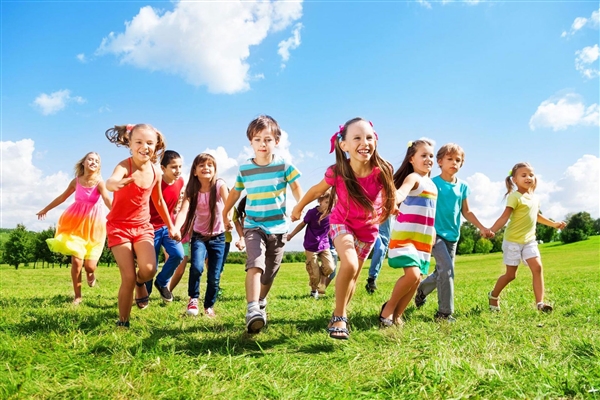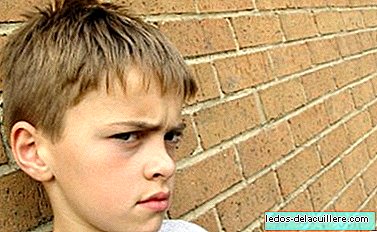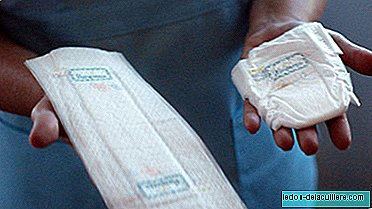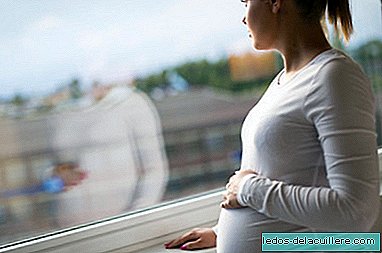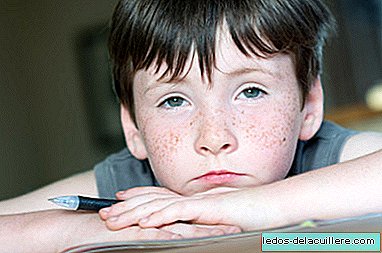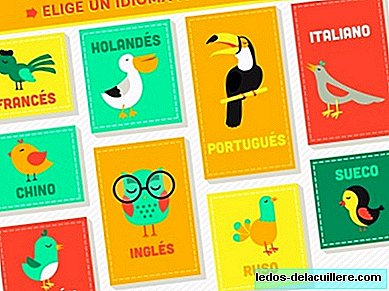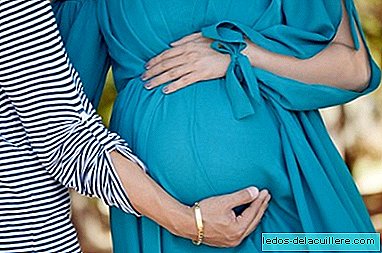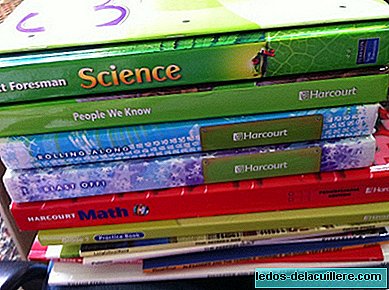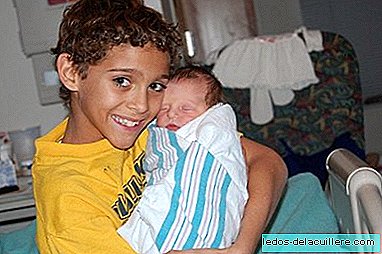
A few days ago, we talked about what happens to the siblings of a disabled child: what feelings could be generated, the importance of being born before or after the disabled brother ...
Today we will see that the brother without disability encounters a multitude of feelings that, on several occasions, are contradictory. Sometimes it can happen that these feelings are hidden in order not to worry or not to increase the suffering of the parents and thus not generate more problems.
One of these feelings is the sadness; Children may feel that their sadness is not comparable to that of their brother. Likewise, another feeling that they should keep under control is that of hostility.
Anger is suppressed in an attempt to protect the brother, who sees him as someone fragile and weak. Sibling fights, beating, saying bad words, etc., as is done among siblings, feel that they must be repressed as they may not be well seen by the family environment.
Often parents are more aware of their child with disabilities and attentive to their needs; their other children are given more "freedom" since being born without disabilities they are seen as children who can manage alone. This makes parents unaware of the needs and desires of their child without disabilities, added to the concealment of their feelings.
Sibling rivalry
In this relationship between siblings, in which one has a disability and the other does not, many of the common manifestations appear repressed: fighting, beating, saying words that are raised in tone, etc. This makes the playful aspects of sibling rivalry are eliminated.
This relationship will have, in these situations, a more adult character. There will be a brother who, although he is the youngest, protects and cares for the other person with a disability and who limits and controls the spontaneous reactions in his bond with him.
Brother Damage Repair
The damage of the brother results in the predominance of a reparative need, that is, there is an effort to repair the damage that the brother has, or at least to compensate it due to the fault present in the relationship.
This reparation not only occurs between siblings, since it is also in the relationship with parents who can be seen as fragile figures because of the situation they had to live. Especially the mother figure, who is seen as the most injured and therefore is the one that concentrates the greatest compensation and repair efforts.
Future predestined or not?
The parents' concern for the future of their children is always present, especially when they are informed of their child's disability. And on some occasions, they usually expect their other children to assume the function of caring for their disabled brother when they are gone.
It is more frequent than it is believed that parents plan for the future of the child without problems in their development caring for their brother, with a high level of expectations and own relief in it, avoiding talking about this project with the children.
Also in the person with disabilities, depending on the degree of the same, the issue of the future is a present concern that is accentuated from the moment when parents get older and their brothers and sisters grow and create links with other people outside the family circle
For the brother this situation implies a new confrontation in the comparison between his lifestyle, full of opportunities that his brother cannot have (or at least not in the same degree), and that of his brother.
This stage of growth can be experienced as an attack or new betrayal of his brother to which he is bound by deep identification.
Sense of identity
Many brothers run the risk of being invaded by the disability of the other, being able to take part of their identity, repressing the individual identity. It is important that, in children, the desire to be oneself overcome the effects caused by the feeling of abandoning the brother to his disability.
In the process of identity, the brothers frequently face a very painful dilemma: on the one hand, the achievement of their own identity implies differentiating themselves from the other and this results in becoming detached from the desire for solidarity and loyalty towards the brother and the family. On the other hand, fulfilling the mandate of not abandoning the brother makes it difficult to get rid of this situation and blocks the process of differentiation.
Conclusion
The reactions of each family to the birth of a child with a disability vary depending on the particular circumstances of each and according to the type of family and characteristics of its members.
However, as parents, we must think what happens with the brothers, since sometimes they are not taken into consideration as it should be, since they are very important pillars in the development of his brother. And, for this, we must ensure that no feelings of guilt or any other kind are generated.
Photos | theodens on Flickr In Babies and more | Having siblings is positive for children


